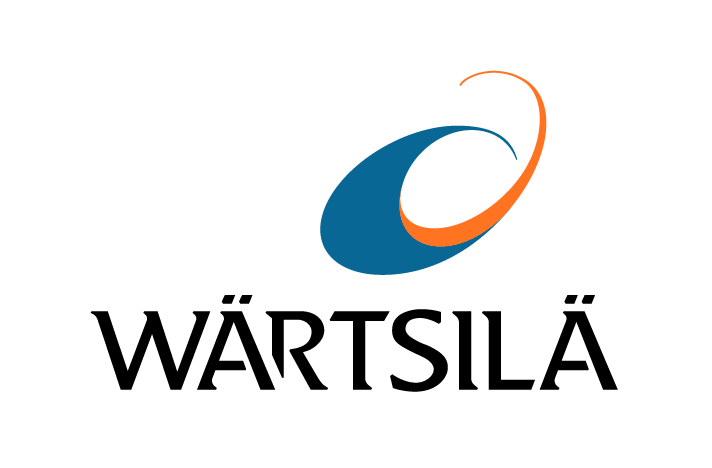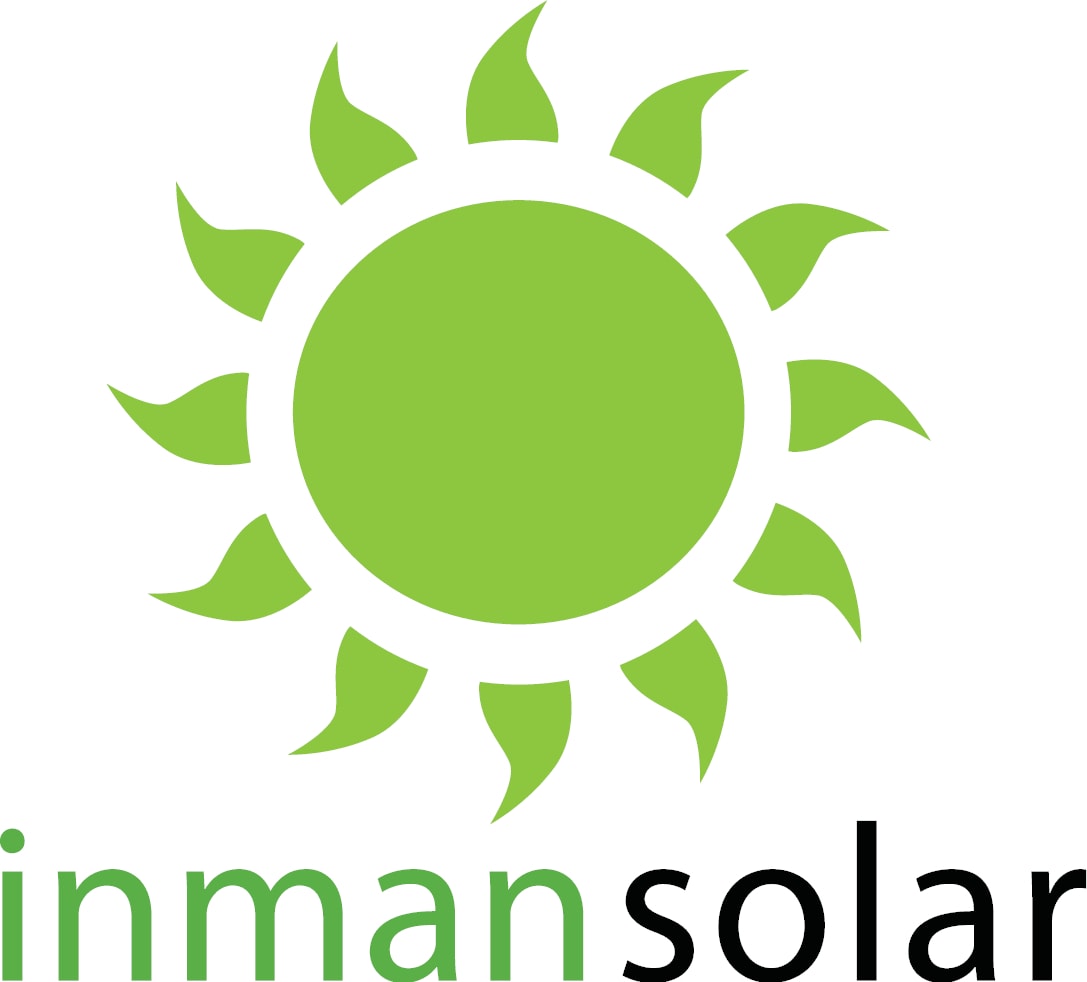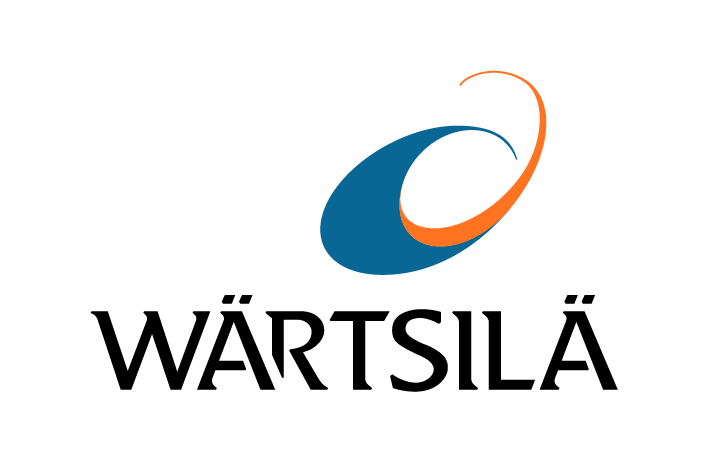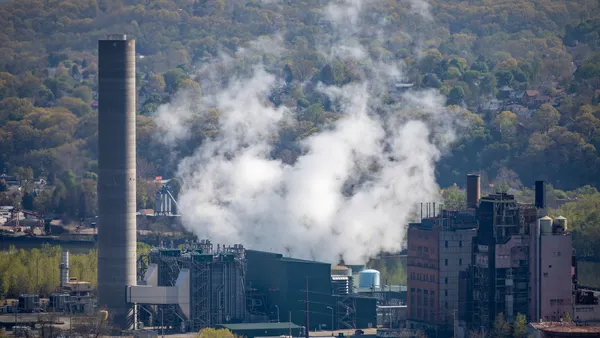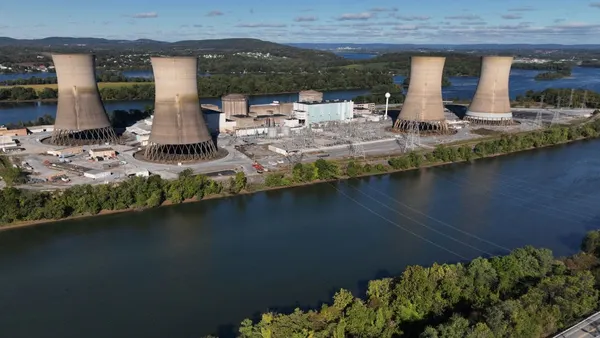Dive Brief:
- On Tuesday, opponents of the proposed acquisition of Pepco Holdings by Exelon Corp. protested at a meeting of the District of Columbia Public Service Commission (PSC), the only remaining regulatory body to not approve the merger that would create the nation's largest utility.
- Merger critics questioned the timing of a $25 million contribution that Pepco made to the District government to help offset the costs of building a new stadium for D.C. United, the city's Major League Soccer team. They claim the donation appears to be connected to the D.C. mayor's support for a settlement deal on the proposed merger.
- Both merger supporters and opponents provided comments to regulators at the meeting, which was called to evaluate the merits of the settlement deal struck with Mayor Muriel Bowser in August. Exelon issued a release saying more than 100 people turned out to the meeting to support the deal.
Dive Insight:
Utility regulators in Washington, D.C. were greeted with a crowd of protestors sporting colorful signs and carrying soccer balls on Tuesday.
The action — organized by Power DC, a coalition of merger opponents — called attention to what critics say appear to be unethical dealings surrounding the merger settlement deal struck with Mayor Bowser.
"Why, just days before that settlement was announced, did Pepco give the Mayor’s office $25 million dollars for vague naming rights connected to the proposed D.C. United soccer stadium?" Shilpa Joshi, testifying for the Chesapeake Climate Action Network, told regulators at the meeting. "Moreover, did the Mayor’s controversial superPAC — 'FreshPAC' — ask Pepco and Exelon for donations to the PAC during the exact same period the mayor’s office was negotiating with the companies over a merger settlement?"
Last week, the merger opponents called for an ethics investigation of the mayor, questioning the timing of the mayor's support of the merger settlement and a sponsorship deal that would potentially see the new D.C. United stadium sport the Pepco name. The money for the stadium was deposited in city accounts as the mayor's team began to negotiate with Exelon over a merger settlement, according to the Washington Post.
Critics also questioned possible connections between Exelon and FreshPAC, a pro-Bowser political action committee shut down by its organizers last week because it had become a "distraction." Exelon has refused to say whether or not it was asked to contribute to the PAC as a condition for the mayor to support the settlement.
Officals for the mayor's office and the utilities maintain the stadium deal had nothing to do with the merger settlement.
“It’s clear the small, vocal minority who continue to oppose the merger are becoming increasingly desperate in their last-ditch attempts to disrupt it,” Myra Oppel, Pepco spokesperson told the Post last week. “They are deliberately ignoring the facts and will say just about anything to distract from the substance of the merger and to serve their special interests.”
In August, the D.C. PSC rejected Exelon's merger application at its final hurdle, claiming an "inherent conflict of interest" between Exelon's business model and D.C.'s clean energy goals. That set off a flurry of negotiations with the Bowser administration and a public relations campaign from Exelon to pursuade stakeholders that the merger was in the public interest.
In October, Utility Dive was the first to report that the company had reached a settlement with the mayor's office, upping its financial commitment to the District from $14 million to $78 million.
Merger critics argue the settlement does little to protect D.C. ratepayers from the risks of Exelon's struggling Midwestern nuclear fleet and won't protect city residents' ability to install distributed generation and other customer-sited energy resources.
Power sector observers told Utility Dive last month that the increased support for the settlement deal among merger intervenors means that regulators will likely approve it.






